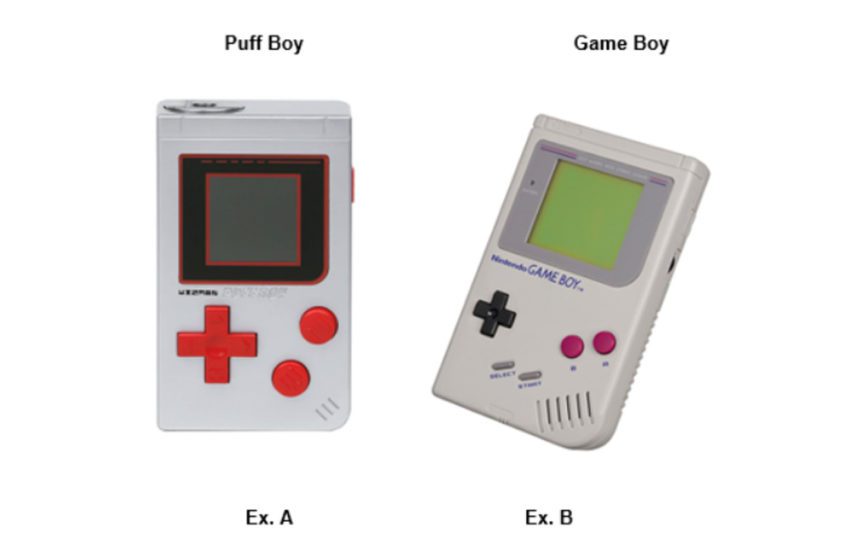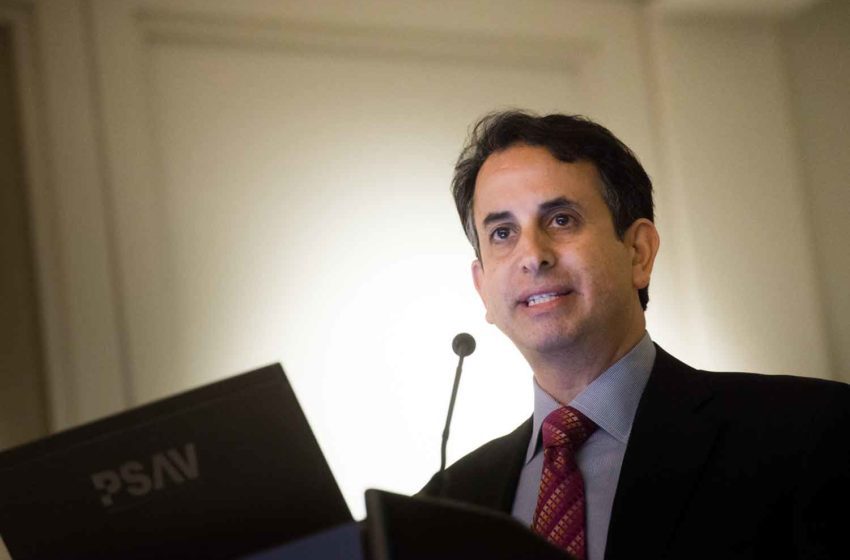The reprimanded companies sell products that look like toys and electronics. Read More
Tags :U.S. Food and Drug Administration
Rather than conducting reviews in silo, the FDA should consider all evidence, says vape lawyer. Read More
The regulatory agency should streamline its PMTA pathway, says Americans for Tax Reform. Read More
Stakeholders share their views of the agency’s performance. Read More
The FDA used questionable statistics to justify its marketing denial, says Neil McKeganey.Read More
The firm believes the marketing denial was substantively and procedurally flawed. Read More
The agency has accepted over 1,600 applications, with the majority being for e-cigarette or e-liquid products.Read More
The agency is not targeting the products most popular with youngsters, according to study.Read More
The FDA and the company are saying different things about Magellan’s application. Read More
The FDA risks jeopardizing its credibility and harm reduction mission, says trade group. Read More










